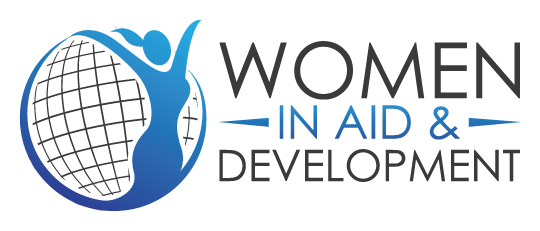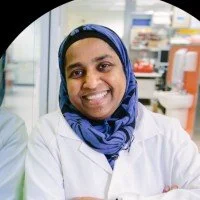Agriculture is the main source of income for several hundred million people around the world who struggle with poverty and hunger, most of whom are connected to small-scale, or smallholder, farms which collectively supply most food in developing communities.
Agricultural development is one of the most powerful tools to end extreme poverty, boost shared prosperity, and feed a projected 10 billion people by 2050. Growth in the agriculture sector is two to four times more effective in raising incomes among the poorest compared to other sectors and is crucial to economic growth.
But agriculture-driven growth, poverty reduction, and food security are at risk due to multiple shocks from COVID-19 related disruptions to extreme weather, pests, and conflicts, especially following Russia’s invasion of Ukraine and the impact of climate change which will reduce crop yeilds. In addition poor diets and food insecurity worsen diet quality and increase the risk of various forms of malnutrition and illness.
Join us at our Brisbane event to hear sector leaders with diverse backgrounds share how they are working to improve food security
Speakers
Dr Risti Permani
Risti is passionate about promoting food security. She has led multiple international research and development projects and capacity-building programs to support the food and agriculture sectoral development ranging from international trade, global value chains, and digital transformation in agriculture to policy evaluation. Risti has also served as an Expert Reviewer to assess multiple international development projects related to food security in recognition of her expertise in project management, the monitoring and evaluation framework and impact pathway. She holds a PhD and Master in Economics from the University of Adelaide, and a Bachelor of Science in Statistics (minor in Agricultural Economics) from IPB University, Indonesia.
Risti is currently a Senior Lecturer in Agribusiness, the Bachelor of Agribusiness Program Coordinator, and the Chair of the Engagement and Advancement Committee at the School of Agriculture and Food Sustainability at The University of Queensland (UQ). In addition to over a decade of academic career in Australia, Risti’s deep understanding of cross-border research and policy engagement excelled during her time as an Assistant Director at the Association of Southeast Asian Nations (ASEAN) Integration Monitoring Directorate at the ASEAN Secretariat leading her team to develop regional strategic action plans and deliver research programs that supported the deepening of regional economic integration, and service the Regional Comprehensive Economic Partnership (RCEP) trade negotiations. Risti also currently serves as a member of the Board of Directors at the Centre for Indonesian Policy Studies (CIPS).
Professor Yasmina Sultanbawa
Professor Yasmina Sultanbawa's research is focused on the agribusiness development framework, specifically in the area of food processing, preservation, food safety and nutrition. Her current research includes the minimisation of post-harvest losses through value addition and the search for natural preservatives to replace current synthetic chemicals. In addition, her research area also includes the challenge of nutrition security, in particular micronutrient deficiency (hidden hunger), lack of diet diversity and nutritional losses in the food supply chain, which are addressed by her work with underutilized Australian plant species and potential new crops.
Her work on Australian native plant foods is focused on incorporation of these plants in mainstream agriculture and diet diversification Working with indigenous communities to develop nutritious and sustainable value-added products from native plants for use in the food, feed, cosmetic and health care industries is a key strategy.
The creation of employment, and economic and social benefits to these remote communities is an anticipated outcome. She considers it a privilege to engage with these communities and is very passionate that her work will have a positive socio-economic impact.


